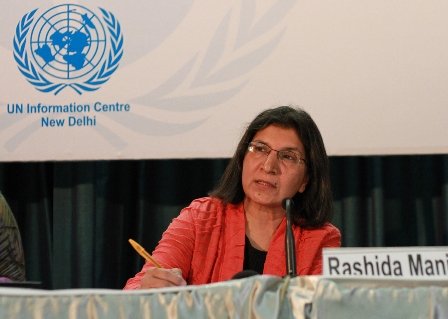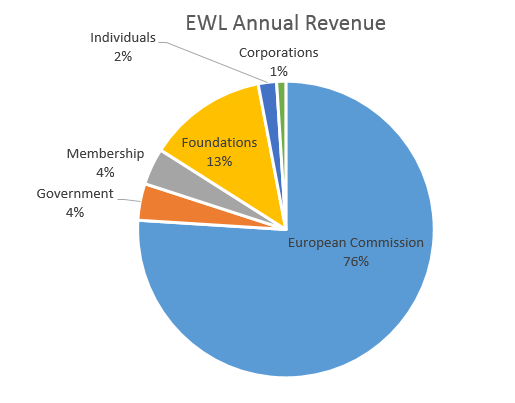[Geneva, 10 June 2013] States need to be held accountable not only for investigating all acts of violence against women but also for failing to prevent such violence, an independent United Nations human rights expert has said.
“The State has an obligation to investigate all acts of violence against women, including systemic failures to prevent violence against women,” said Special Rapporteur on Violence against women, Rashida Manjoo.
“There is a need to create a framework for discussing the responsibility of States to act with due diligence,” she said.
“States are required to hold accountable those who fail to protect and prevent, as well as those who perpetrate, violations of women’s rights.”
The responsibility of States is generally based on acts or omissions either committed by State actors or by actors whose actions are attributable to the State. But a State may incur responsibility where there is a failure to exercise due diligence to prevent or respond to certain acts or omissions of non-state actors.
“The due diligence standard serves as a tool for rights-holders to hold States accountable, by providing an assessment framework for ascertaining what constitutes effective fulfilment of a State’s obligations, and for analysing its actions or omissions,” Ms. Manjoo said.
But human rights due diligence required constant investigation and evaluation to assess whether universally accepted human rights principles apply in a State’s own behaviour and in a State’s monitoring of third party behaviour – be they individuals or an organization, the Special Rapporteur added.
Ms. Manjoo stressed that there is a need to create a framework for discussing the responsibility of States to act with due diligence, through separating the due diligence standard into two categories: individual due diligence which States owe to individual victims of violence, and systemic due diligence which requires States’ obligations to create a functioning system to eliminate violence against women.
Due diligence can include ensuring effective investigations, prosecution and sanctions; guaranteeing access to adequate and effective judicial remedies; and treating women victims and their relatives with respect and dignity throughout the legal process.
Other key factors are ensuring comprehensive reparations to victims and their relatives; identifying certain groups of women as being at particular risk; modifying the social and cultural patterns of conduct of men and women; and eliminating prejudices.
Ms. Manjoo presented her fourth thematic report* on the issue of State responsibility for eliminating violence against women to the Human Rights Council on 3 June.
Ms. Rashida Manjoo (South Africa) was appointed Special Rapporteur on Violence against women, its causes and consequences in June 2009 by the UN Human Rights Council. As Special Rapporteur, she is independent from any government or organization and serves in her individual capacity. Ms. Manjoo also holds a part-time position as a Professor in the Department of Public Law of the University of Cape Town.
Learn more, visit: http://www2.ohchr.org/english/issues/women/rapporteur/index.htm
(*) Check the full report: http://www.ohchr.org/Documents/HRBodies/HRCouncil/RegularSession/Session23/A_HRC_23_49_English.pdf
or
http://www.ohchr.org/EN/HRBodies/HRC/RegularSessions/Session23/Pages/ListReports.aspx





